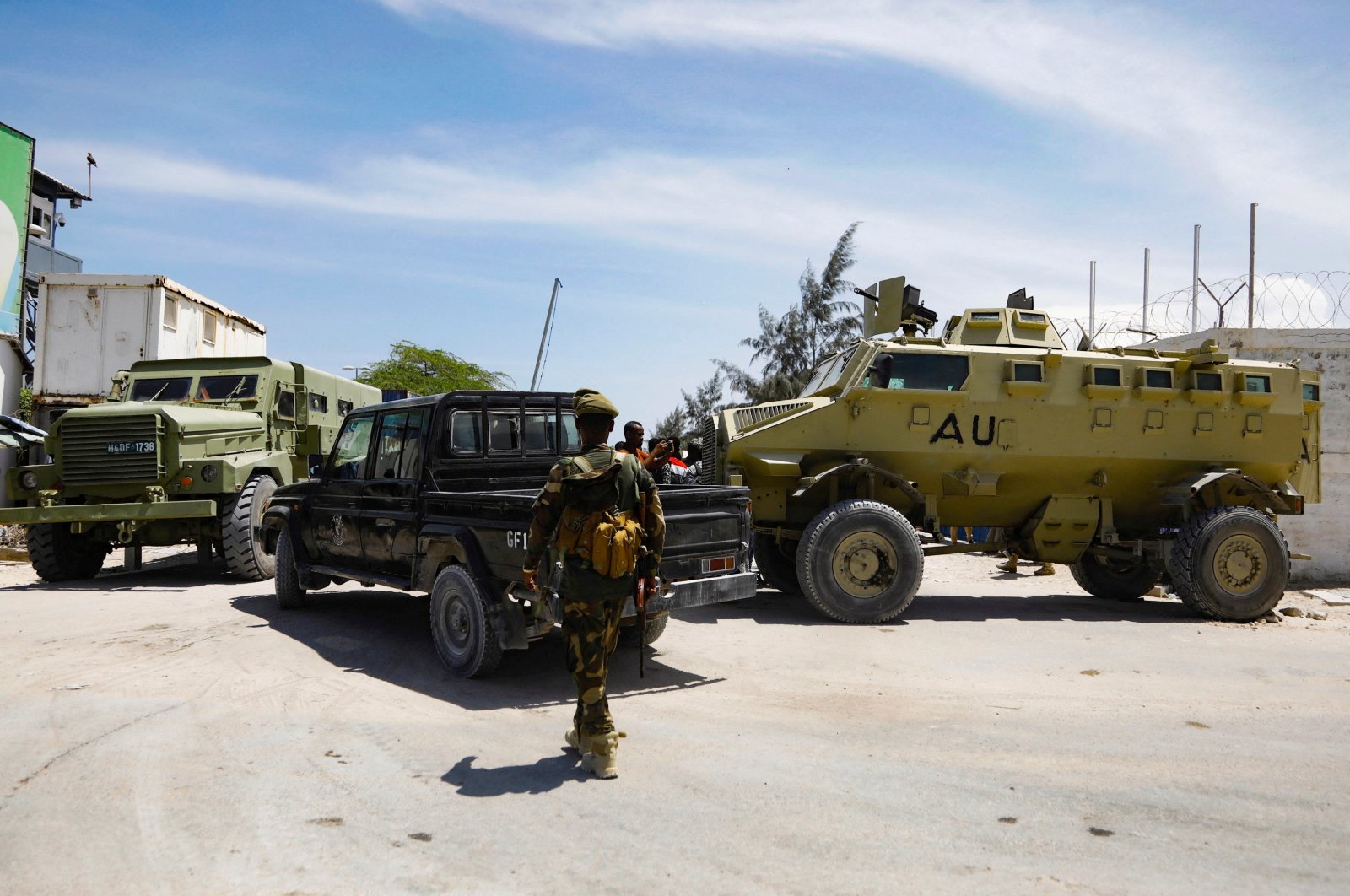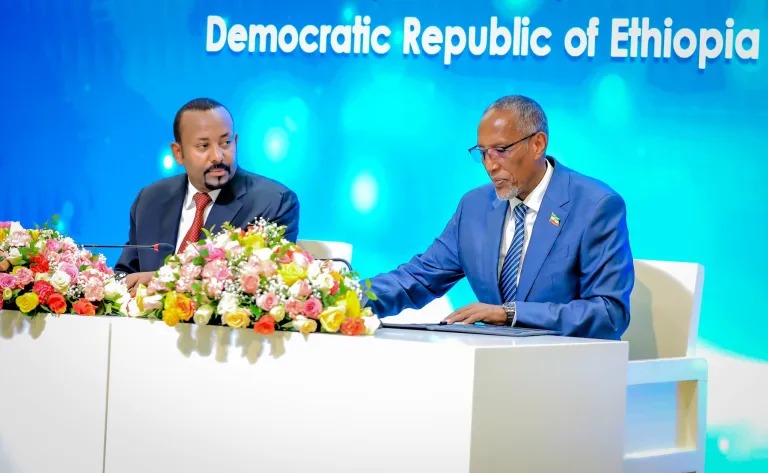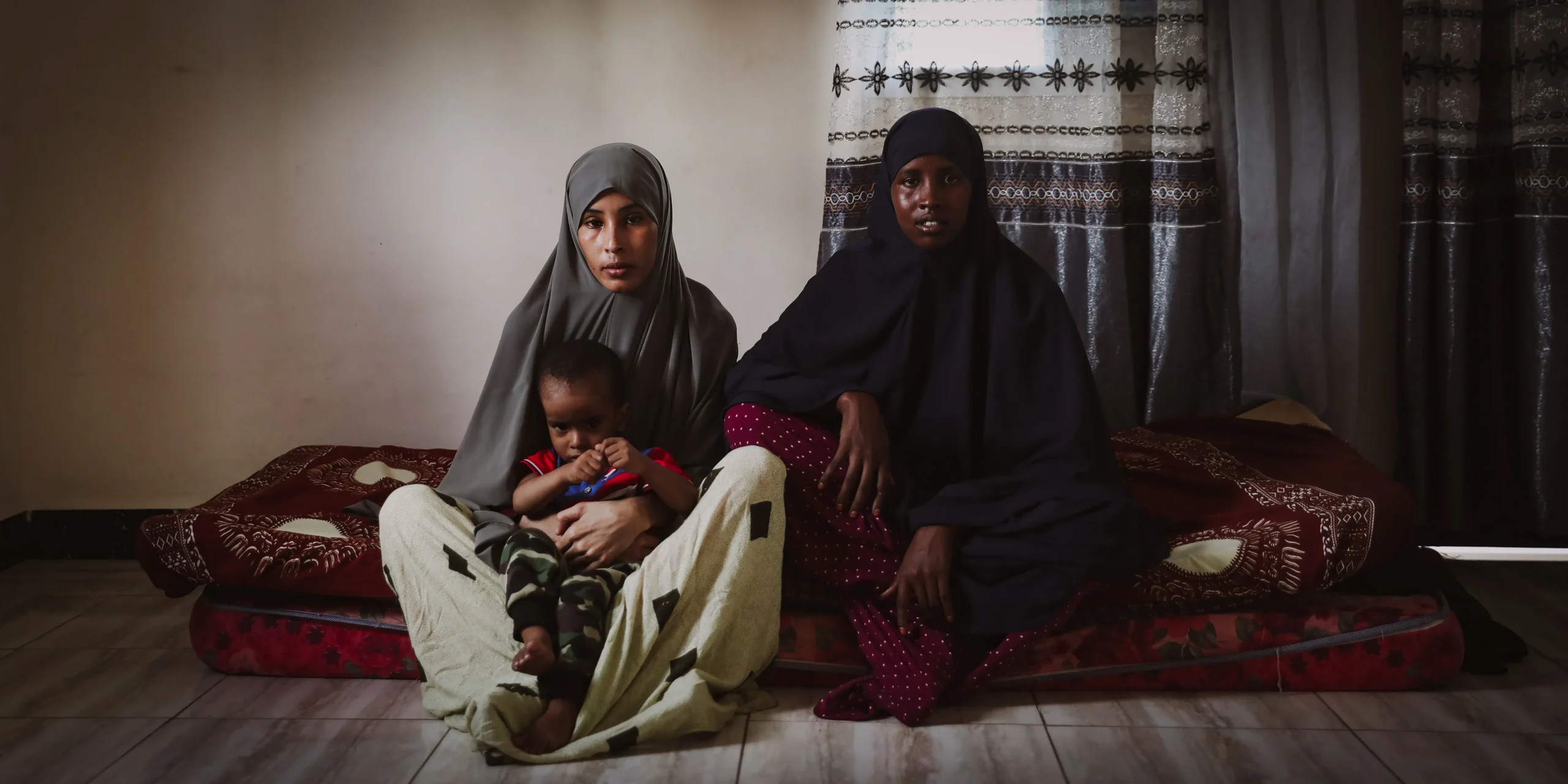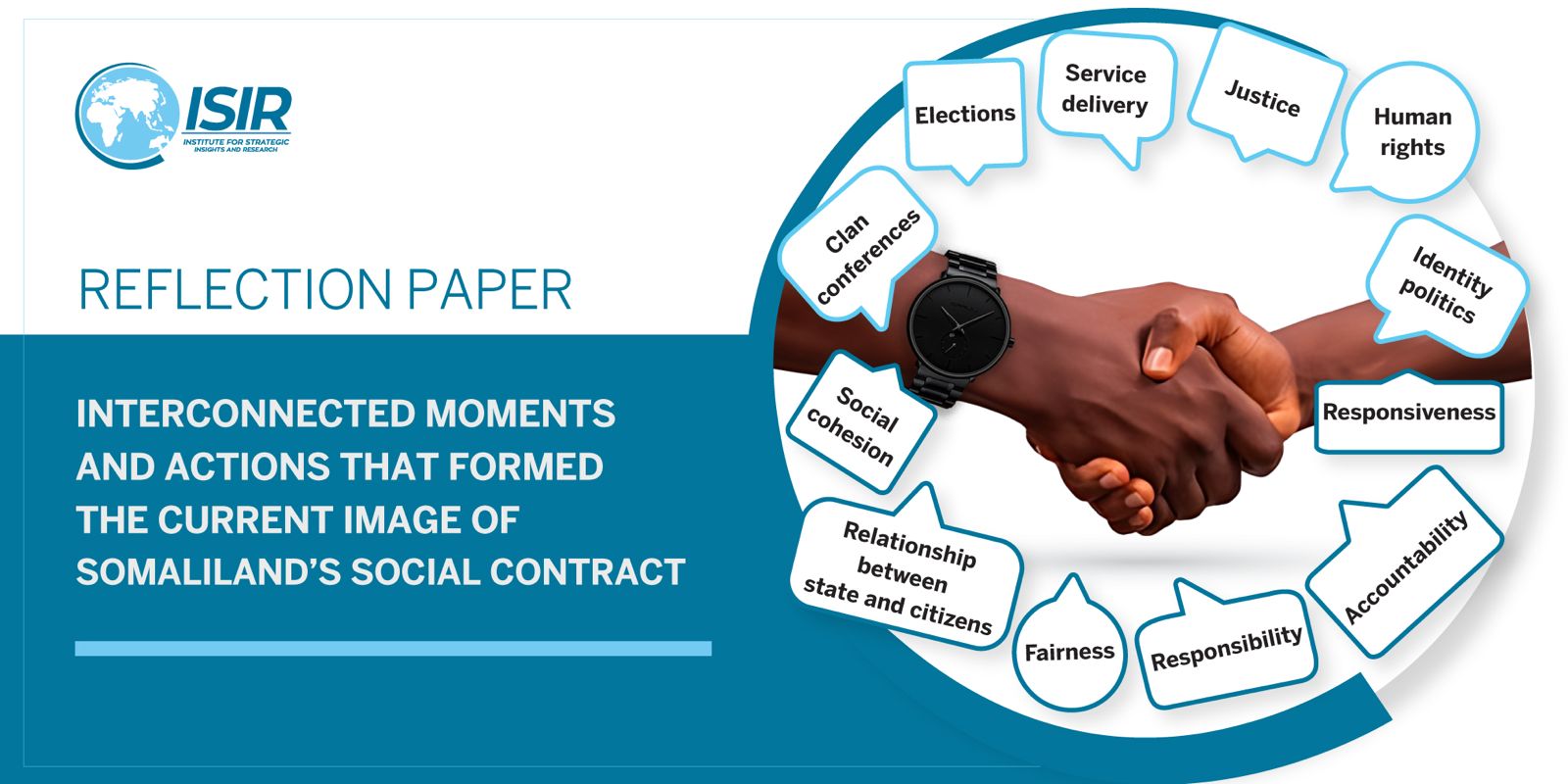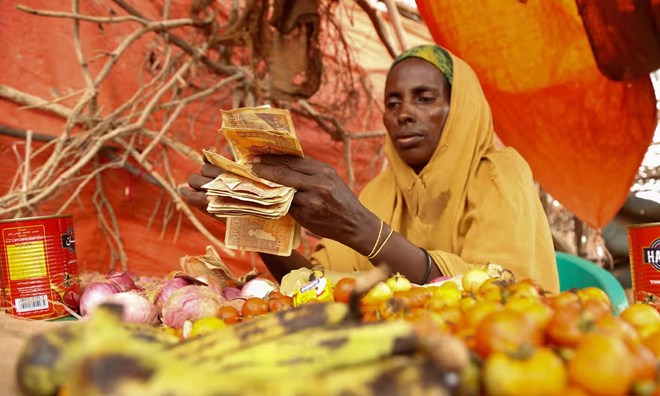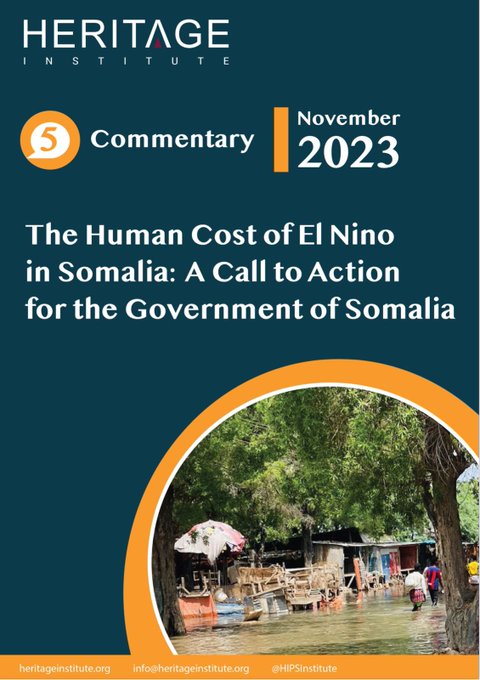On the morning of December 27, that fateful Tuesday, and in the ensuing four days, heavily armed forces descended on a peaceful city, the city of Lasanod and murdered scores of innocent civilians. To some, or perhaps for most of us, that statement may seemed quite extra-ordinary, but that is what actually happened in the dying days of the year 2022 inside Lasanod, the provincial capital of the Sool Region. A set of unfortunate and totally avoidable catalogue of errors have proceeded this disaster and the mass killing was the lowest point; a culmination of a multifaceted failure from the Somaliland regime.
One notable example of the stated failure, among many others, is President Bihi’s long silence about the atrocities perpetrated by his own army, and the hollow rhetoric he made just yesterday – almost ten days after the beginning of the disaster. Of course, It was too late and too little! His poorly presented crocodile tear have only added insult to the injury; and traditional leaders of the region, led by Garad Jama Garad Ali, have swiftly dismissed his disingenuous apology outright. In a nutshell, events of the last week are considered only the tip of the iceberg; and there is no genuine effort to bring about a peaceful solution.
Many foreigners, mainly aid workers, asked me to help them understand and untangle what is going on over there, and here it is. This is the best I can do for the innocent victims of Lasanod. Let the word go forth; let the truth outshine the web of lies being traded by the administration in Hargeisa. I vividly recall Prof Saeed Samatar, the great Somali scholar (historian by profession) who, in his interviews and writings, used to crash Siyad Barre’s administration and their lies over their atrocities of 1988 and beyond. His skilful presentation of facts were a great source of comfort and support for us, the victims of that regime. At times of trial and tribulation, at times of injustice, he who chooses to be neutral, as Desmond Tutu once said, have sided with the oppressor. Now, I cannot be neutral in a situation like this, and the following account will present the deep and multi-dimensional failures which, pave the way for the devastating contemporary state of affair in that region.
Background:
Since 2008, Lasanod was under the control of Somaliland authority after it was taken over from Puntland, its neighbouring Eastward regional administration. Since then, Lasanod have witnessed a relative stability and notable economic development. However, the city and the whole region have been heavily militarised and army barracks become ubiquitous in and around Lasanod. “Somaliland managed to occupy this region, but failed to secure it”, one of the local activists told Royters. Somaliland in general, and particularly the current administration led by Muse Bihi, have put all their cards on the military option. He considers
use of force as a panacea for all problems across the country in general, and in Lasanod particularly.
The local people, mainly Darood sub-clan of Dhulbahante, whom their majority vehemently oppose the secession idea, perceive the Somaliland troops deployed there, predominantly from the Isaq clan, as occupiers. Mixture of pure political reasons and clannish resentment was therefore gradually mounting since Somaliland’s takeover, but things took a turn to the worse after Muse Bihi’s election to Somaliland’s presidency in 2017. In the ensuing five years, situation went really from bad to worst. To set the scene for the current disaster, Muse Behi have rejected to adopt peace deal and power-sharing arrangement finalised by his predecessor, President Silanyo, with the prominent Khatumo leader, the late Prof Ali Khalif Galayr. He refuted that arrangement outright, with no reason and no alternative whatsoever.
Secondly, and more seriously, a mysterious campaign of assassinations inside Lasanod have intensified and become more part of the everyday life. A regime of fear has pervaded the whole atmosphere. Clouds of darkness have descended; masked hitmen, armed with pistols conduct highly organised targeted assassination against all sorts of people, from all walks of life. On average, those unlawful killings take place once in almost every forty days, and the local people just count their losses. They feel helpless and hopeless. They don’t know who is behind this bloodshed, they don’t know its motive and more importantly, they don’t see anyone who cares to deal with those premeditated crimes.
People of Lasanod found themselves between a rock and a hard place; between uncaring and heavy-handed authority on one hand, and highly organised nocturnal committed predators on the other. Somaliland authorities in that region, including the large number of armed forces, police, intelligence and other security apparatus in Lasanod have miserably failed to do anything about those crimes. No one have ever been held accountable for the killings, no statement have been made about the situation despite all those years and on top of that, no government official, be it civilian or uniformed, was ever blamed for the Lasanod security failure.
However, to the shock of everyone, President Bihi made a fresh and uncorroborated claim, regarding conviction and incarceration of the majority of perpetrators behind Lasanod assassinations as part of his media rhetoric yesterday. Absurdly enough, his assertion even contradicted his own previous statement few days ago about the same topic. In the launching event of the national voter registration process, he admitted that his government have no idea of who is behind those crimes.
The final straw:
On the eave of December 27, young and prominent politician, Abdirahman Abdilahi Abdi, (Hadraawi) was shot dead in Lasanod after he made his evening prayer in a local mosque. As usual, no murder investigation was launched. No statement was made by the police and, As anticipated, locals were expected to Barry their dead and move on quietly as they used to, but they weren’t this time. On their way back from the burial site, People began to demonstrate and demand for answers. They wanted to express their anger, their anguish, their grievances, and get some sort of answers peacefully, but the army and police chose otherwise. They unleashed strong firepower indiscriminately on mourners and killed more innocent people in coal blood. They showed little or no care to the sanctity of human lives. That level of Callousness that have apparently exploded long-standing fury and anger against Somaliland and its army. As a result, local clan leaders, business people and religious scholars made one demand and one only – Somaliland to leave their land so they can take care of their security; and Somaliland is unlikely to adhere.
Corruption kills:
Financial misappropriation is One plausible explanation behind the long-existed ‘Lasanod’ only insecurity, and the inaction of local government agencies. Many army officers and politicians profit from the insecurity, and this has been the case for a long time. Immediately after the takeover, Somaliland government under President Rayale have earmarked 2% of Somaliland’s overall budget for the development and stabilisation of the region. To this day, that 2% policy – almost 7 million annually – is in place; and on top of that, extra funding is taken, year in year out, from the national security budget in the name of Lasanod and Sool stability.
Putting those funds from here and there together, the total is quite staggering and unfortunately, it brings nothing about peace, development or the security that Lasanod is in dire need of. In a country that lacks transparency, accountability or any other measure designed to safeguard public funds, those resources go down the drain without trace. Against that backdrop, ‘security’ related profiteers, from the district level to the defence and security establishment in Hargeisa, have a reason, of course a bad reason, to maintain the status quo in Lasanod.
In conclusion, Lasanod question have many ends, and there are multiple stakeholders who are determined to settle scores. However, the key player so far, was the government of Somaliland, and the current administration have made the least effort to improve the situation in that region, and they have no interest to do things differently, even in the wake of the recent events. Beside that, the silent majority, the voice of the unionists is getting louder, while traditional fans of Somaliland are switching sides.
Dhulbahante clan leaders, diaspora groups and the majority of their political elite, though they are not united under one political umbrella, but they embrace one political sentiment –
Somaliland to leave their land. Given where things stand, the two sides are in a collision course, and the end result is not clear. Many people believe that, a third-party entity, namely one of the extremist groups in the region, will probably be the end benefiter of any likely turmoil. A leadership change in Hargeisa might be a window of opportunity for any form of a peaceful dialogue to take place. Whatever happens, Lasanod will always belong to its people and their wishes will prevail at the end. Will leave it there and hope the best.
M. Harun – (mbiixi@gmail.com)
human rights worker; political analyst; storywriter and Somalidispatch.com contributor
Categories: Opinion








